Perched precariously on the mountainside, Phinh Ho used to be the most remote and difficult village of De Xu Phinh Commune (now Pung Luong Commune) with muddy dirt roads, temporary, degraded roofs; people's lives mainly depended on hilly farming. However, with the attention and investment of the Party and State, diligence, hard work, and acceptance of new ways of doing things, many bad customs have been eliminated by the people; production has been focused on; infrastructure has been invested.

Identifying that transportation is one step ahead, for many years now, the village Party Cell has met and agreed to use the revenue from the village's forest environmental services (about 150 million VND/year) to create a welfare project fund. This fund is used to buy materials, and people contribute labor to concrete the alleys and inner-village roads, and build a cultural house.
By doing this, on average each year, the local people have concreted 400 - 500 m of alleys, 2 m wide. Thanks to that, nearly 7 km of inter-village roads and nearly 2 km of alleys have been concreted to replace the narrow, muddy dirt roads every time it rains.
Standard cultural houses were invested in and built. Electricity and clean water systems were brought to each household. People were also propagandized and mobilized to change their awareness of building happy families and cultural villages. They were trained in production techniques, participated in livelihood support models, and received preferential loans to develop their family economy ...
All have become a solid foundation for people here to overcome difficulties and escape poverty.
Mr. Hang Cho Tua shared: “In the past, when it rained, we had to walk all day to get to the village, the road was muddy and slippery. Now there is a concrete road, it takes only a few dozen minutes by motorbike. Traders come to the village to buy cardamom. Tourists come to visit and experience. Children going to school no longer have to worry about long, muddy roads. Our people's lives have changed a lot!”
Indeed, the people of Phinh Ho have gradually changed their farming practices from self-sufficiency to commodity thinking. The villagers have well protected 462 hectares of protective forests and special-use forests; regularly cultivated 62 hectares of summer-autumn rice, 15 hectares of spring rice, 43 hectares of spring-summer corn, and 20 hectares of autumn-winter corn, ensuring food security and developing livestock. Along with that, they have planted 150 hectares of cardamom to increase income, proactively develop the family economy, bringing in an annual revenue of nearly 9 billion VND.
The number of households with income from over 100 million VND to several hundred million VND per year is increasing, typically: Mr. Hang Mao Lu, Hang Chu Vang... The economy is developing, people have the conditions to build houses, buy vehicles, and household appliances to serve their lives.
In particular, the tourism potential of Phinh Ho is also gradually being awakened. As a place where you can fully admire the majestic terraced fields valley, the "dinosaur spine" on the top of Phinh Ho has been invested to become an attractive check-in point for tourists.

Mr. Hang A Nu, Secretary of the Phinh Ho village Party Cell, excitedly said: For many years, the Party Cell has mobilized 10 households with forest land on the "dinosaur's back" to establish a tourism cooperative group to jointly renovate and embellish this tourist attraction, such as: creating a convenient path up with stairs, clearing grass, planting flowers... but not affecting the landscape and forest ecosystem; at the same time, organizing traditional art performances for tourists to experience the Mong people's cultural space. On average, each year, tourism activities have brought the villagers a revenue of 80 million VND or more.
By the end of 2024, Phinh Ho will meet 15/15 criteria and be recognized as a new rural village. Currently, there are no temporary or dilapidated houses in the village; 86.2% of households are cultural families; the multidimensional poverty rate of the village has decreased to 9.7%, and the average income per capita has reached over 45 million VND/year. The village has also achieved universal preschool education for 5-year-olds, level 3 primary school, level 2 secondary school...
From a poor village, Phinh Ho has taken on a new look, full of vitality, faith and hope. This is not only reflected in the numbers and construction projects but also in the bright smiles, civilization and progress of each person here.
Source: https://baolaocai.vn/suc-song-moi-o-phinh-ho-post878958.html


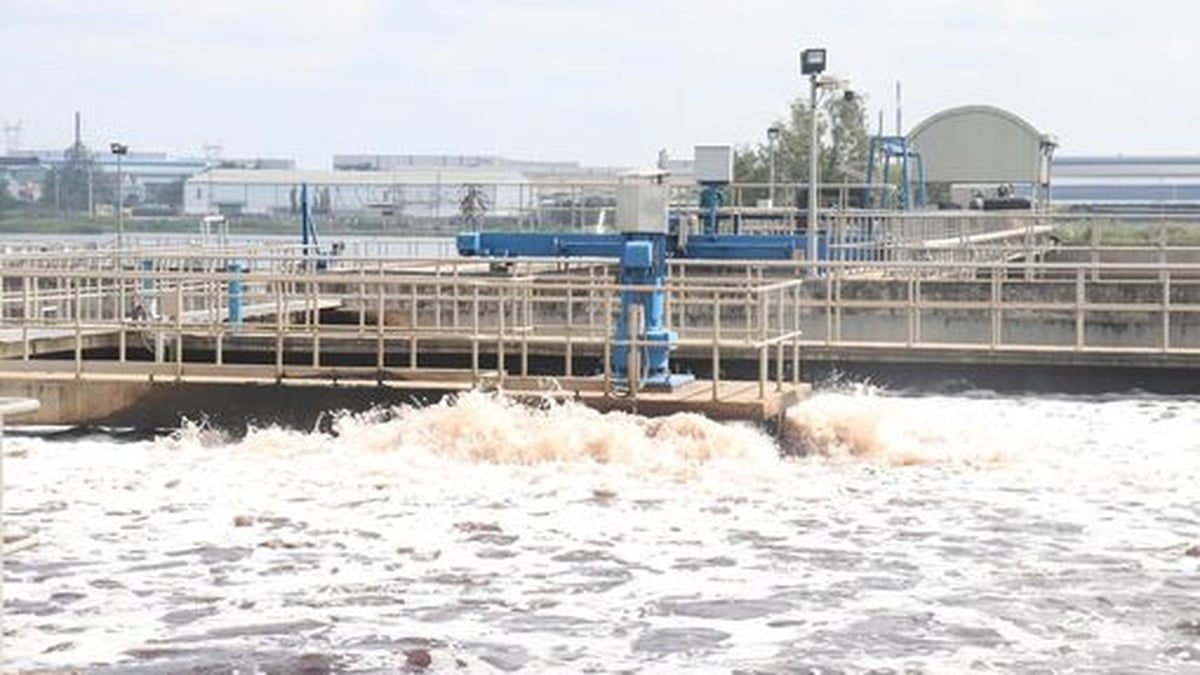

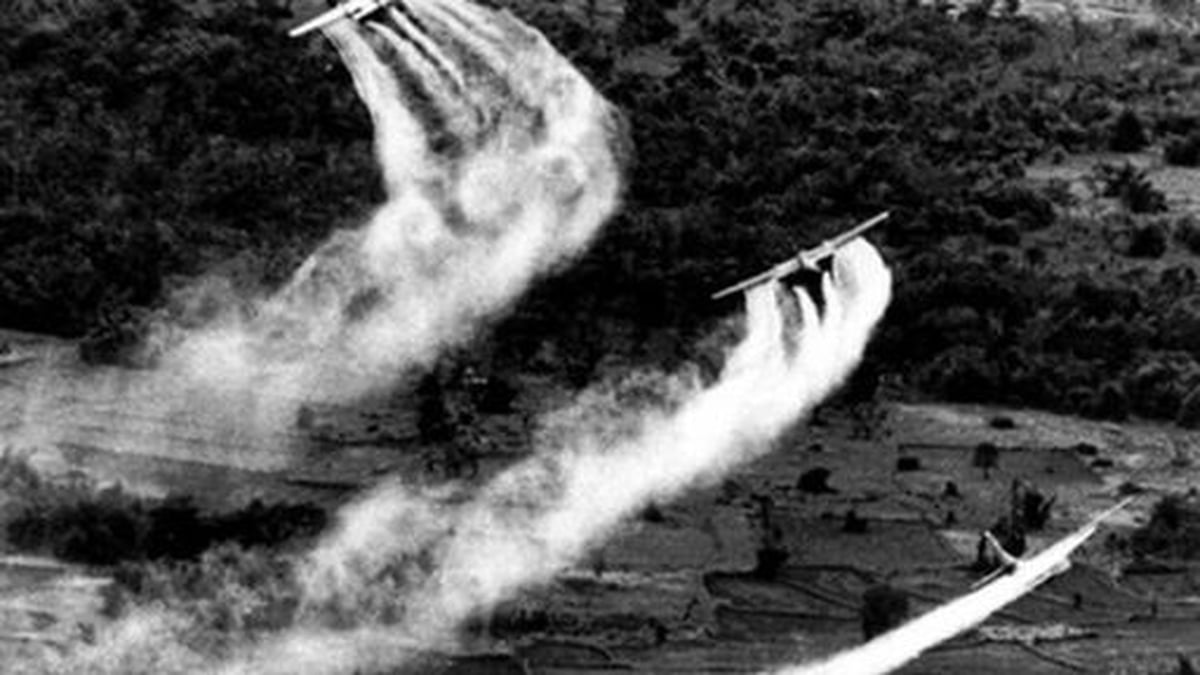

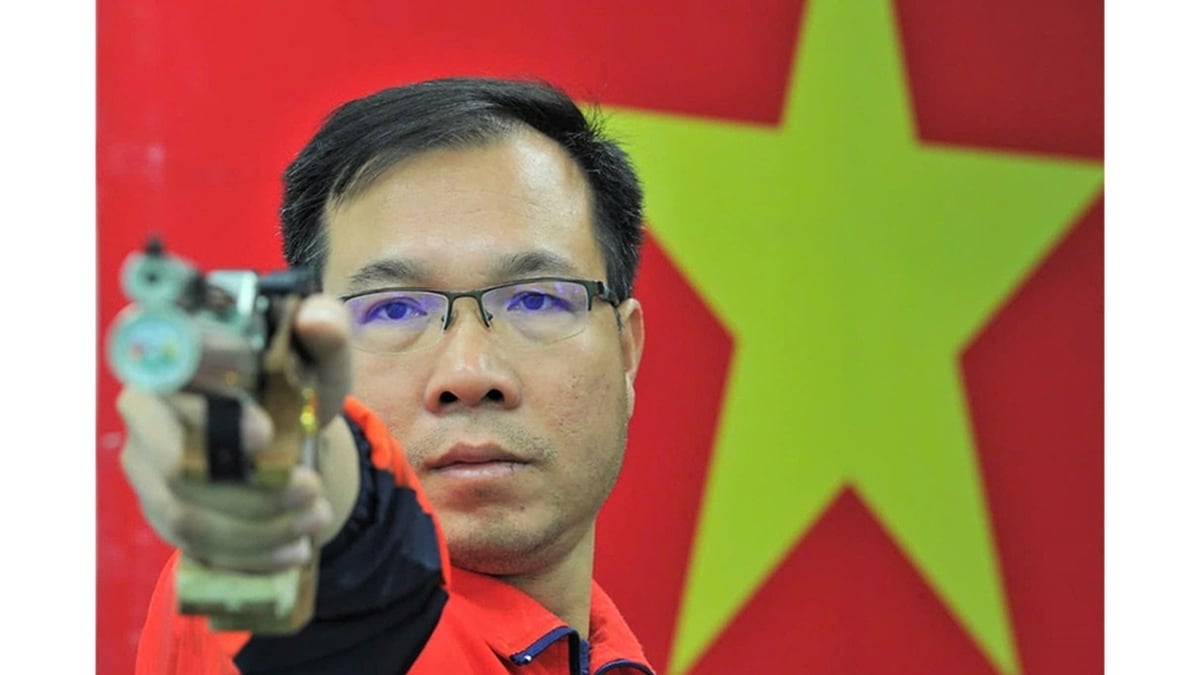
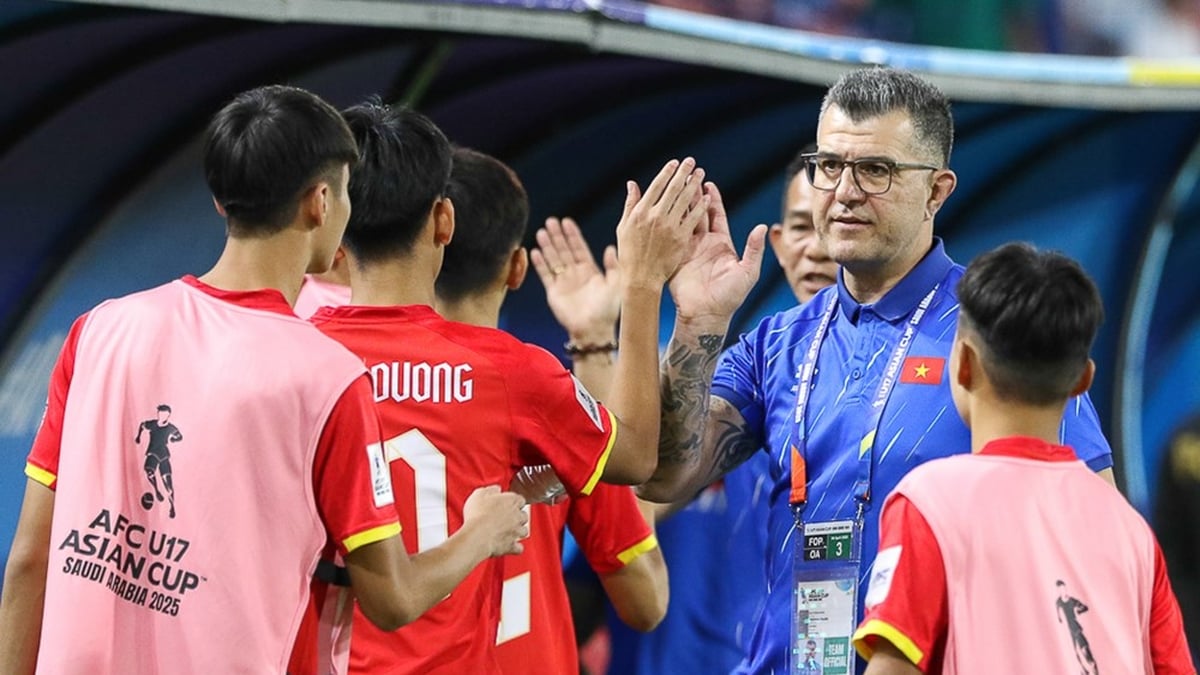
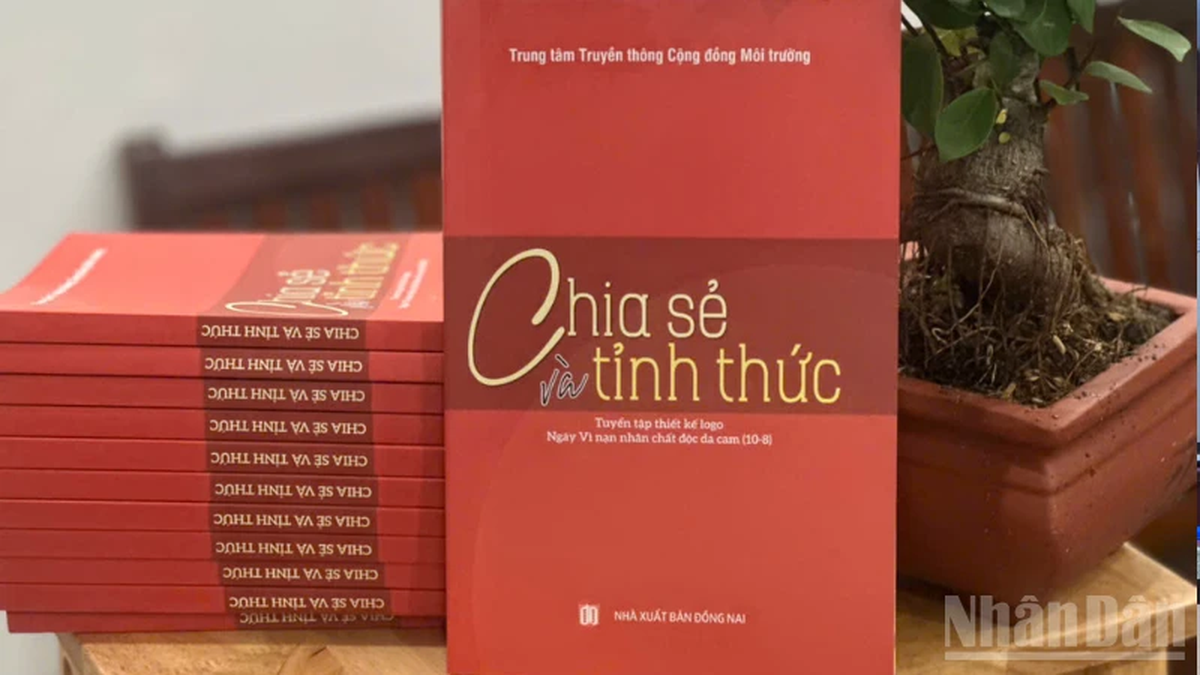
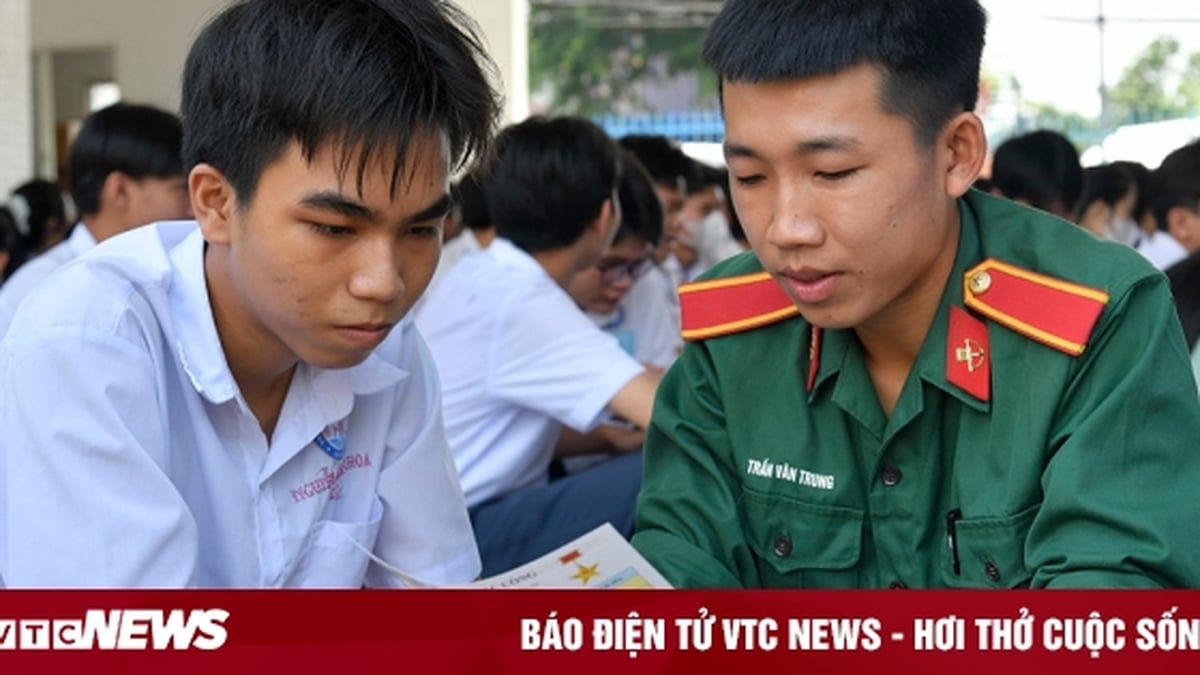
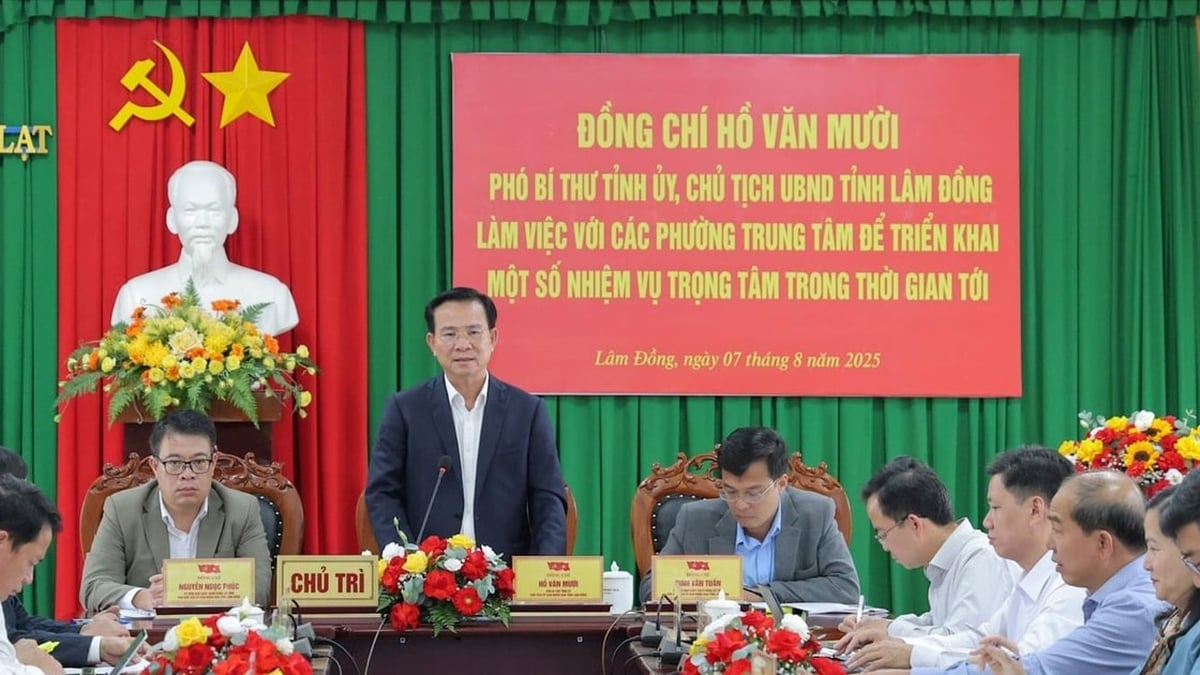
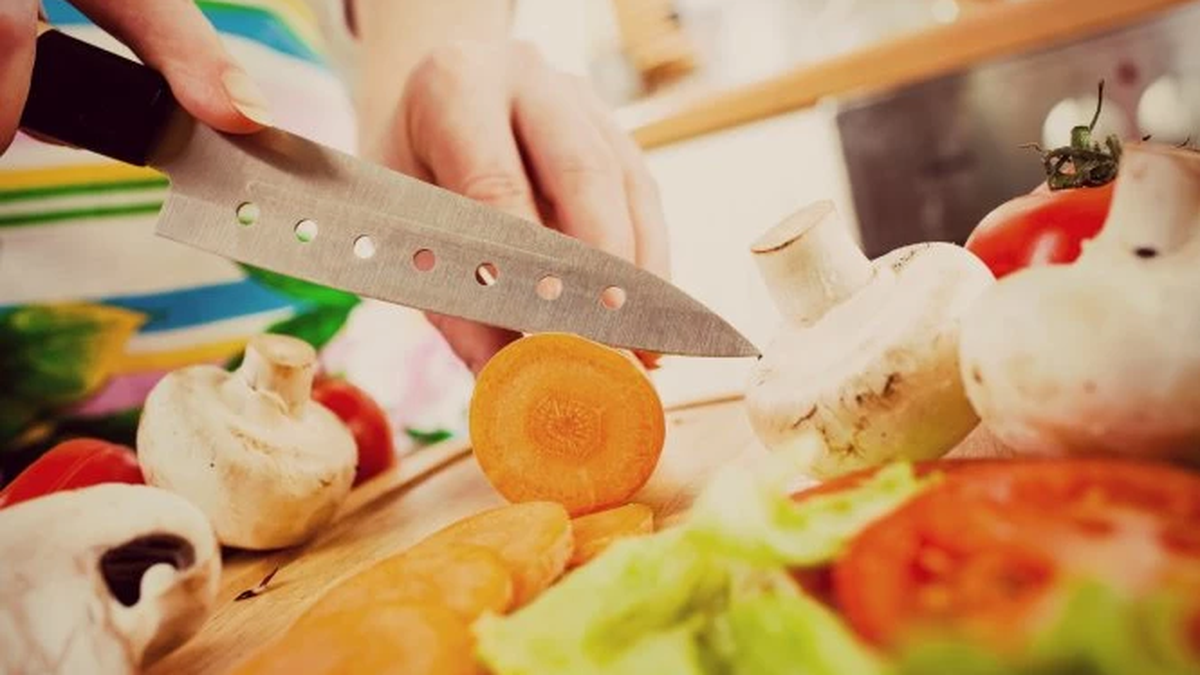










![[Photo] Discover the "wonder" under the sea of Gia Lai](https://vphoto.vietnam.vn/thumb/1200x675/vietnam/resource/IMAGE/2025/8/6/befd4a58bb1245419e86ebe353525f97)


![[Photo] Nghe An: Provincial Road 543D seriously eroded due to floods](https://vphoto.vietnam.vn/thumb/1200x675/vietnam/resource/IMAGE/2025/8/5/5759d3837c26428799f6d929fa274493)
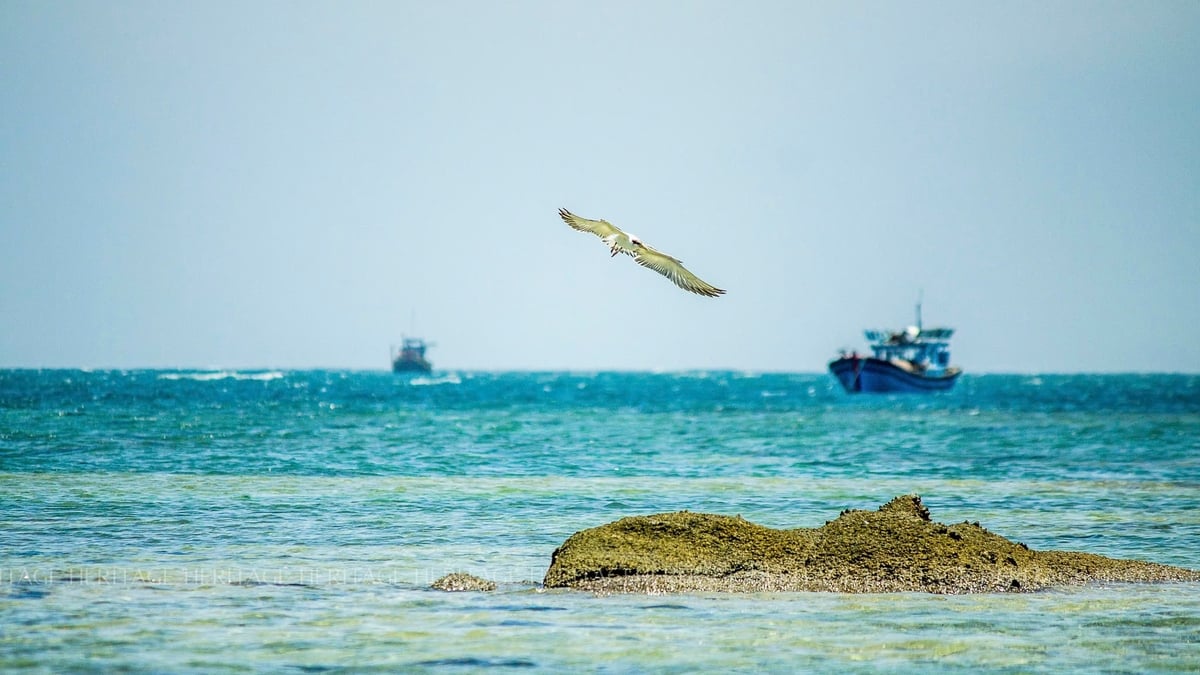




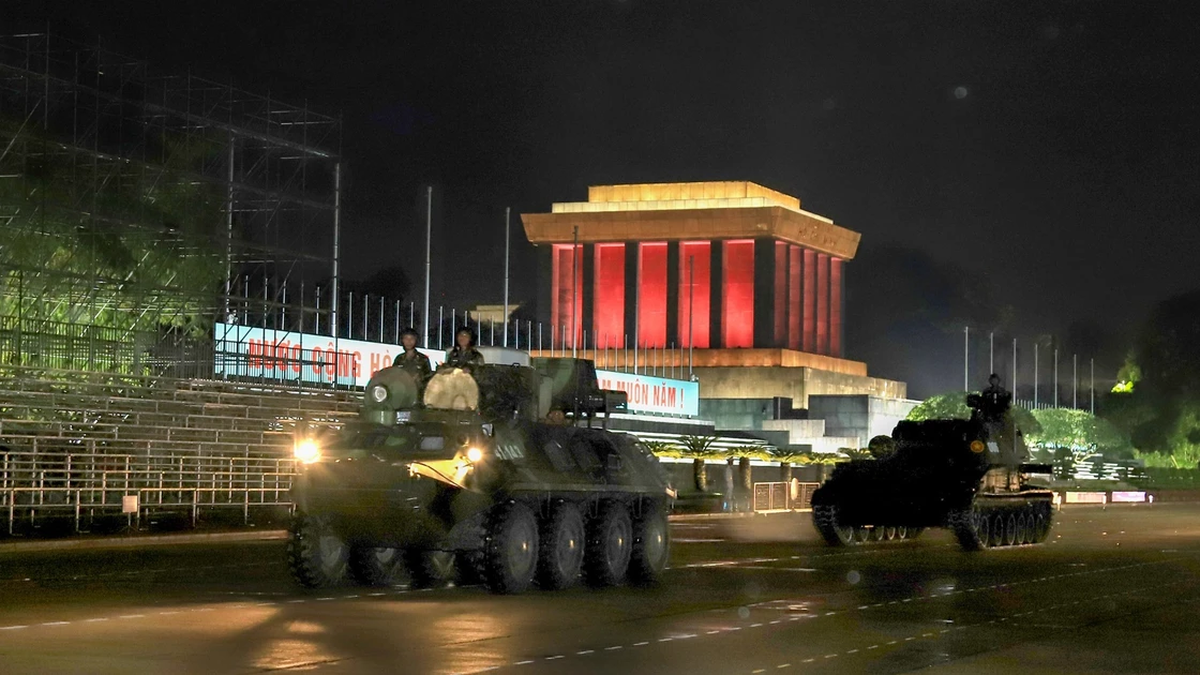






















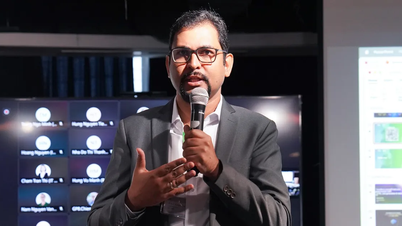


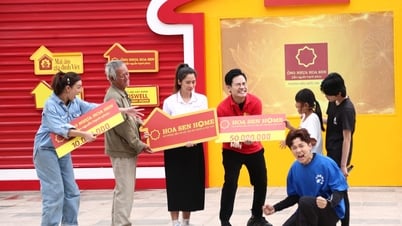


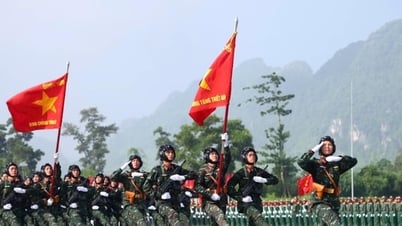

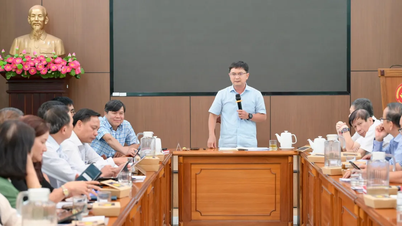
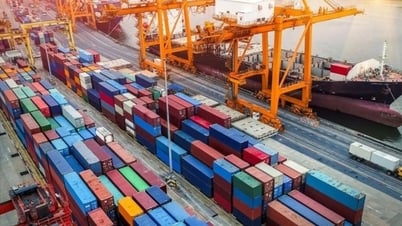
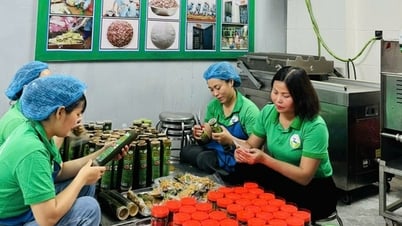
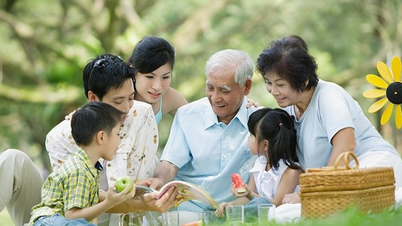

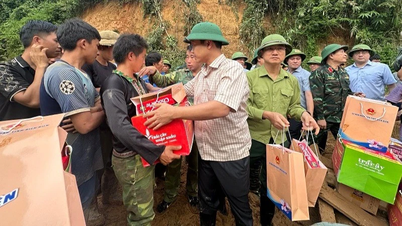

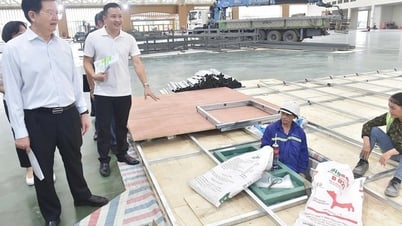
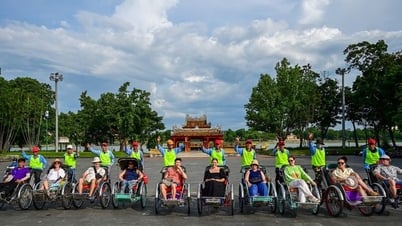
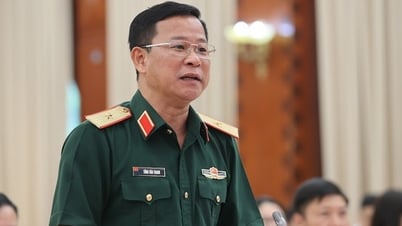
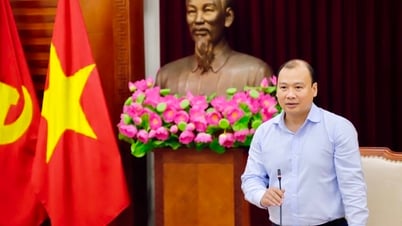
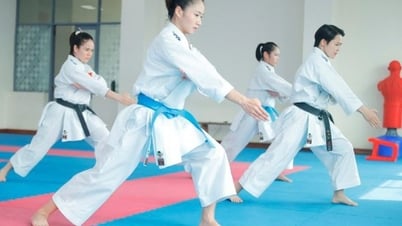


















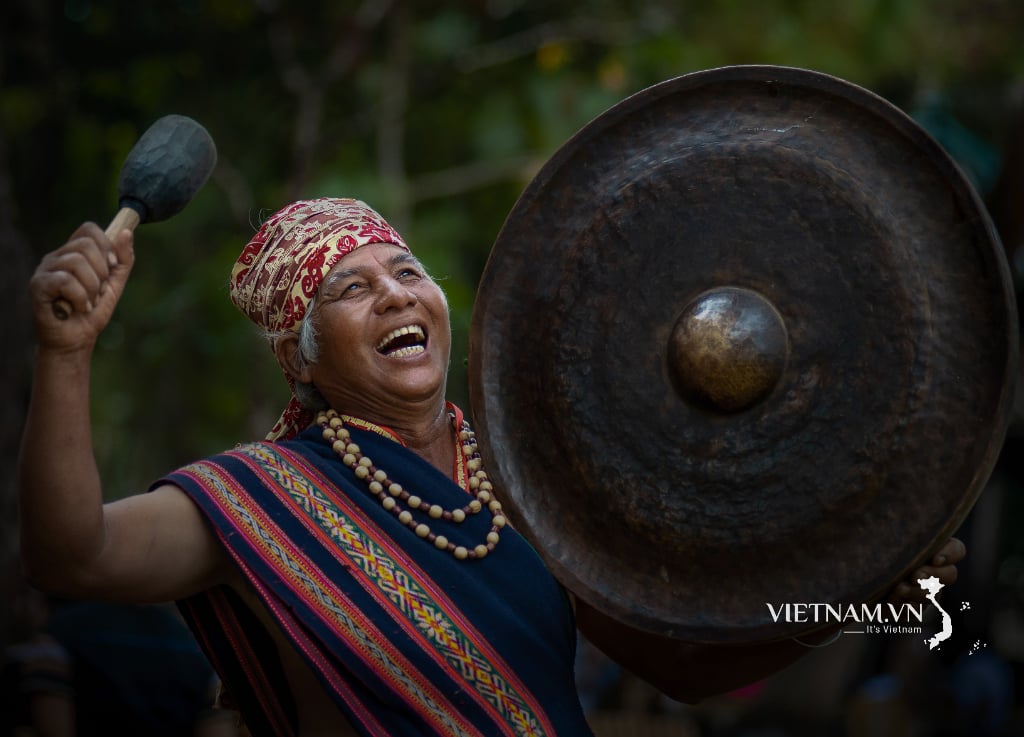
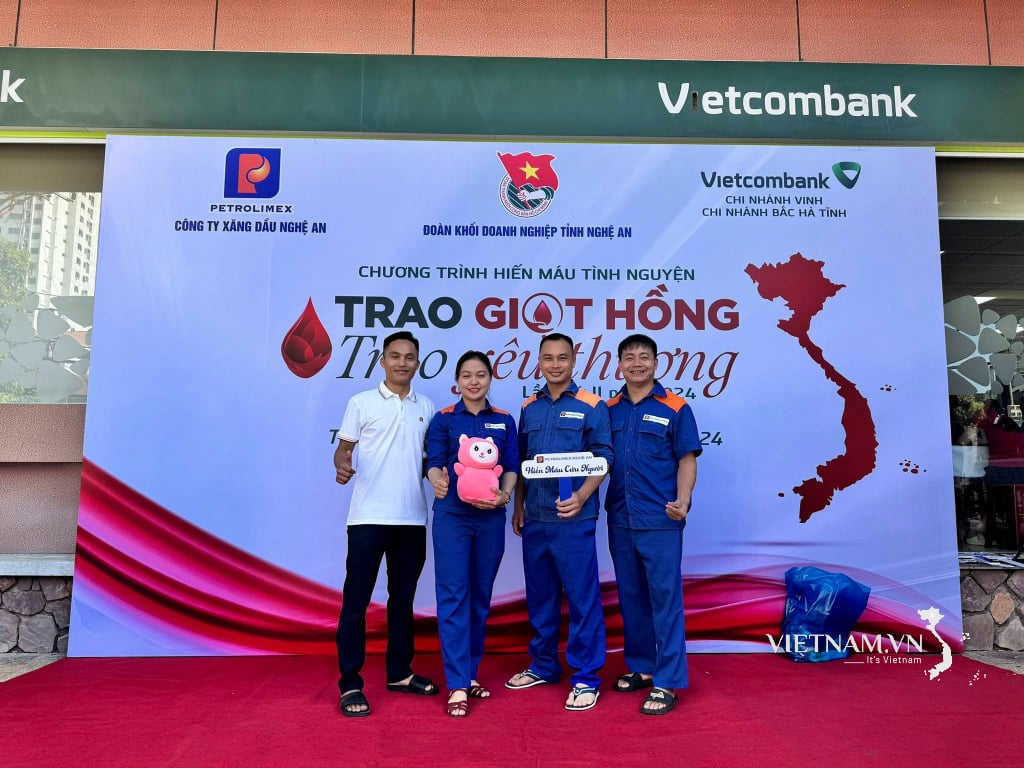
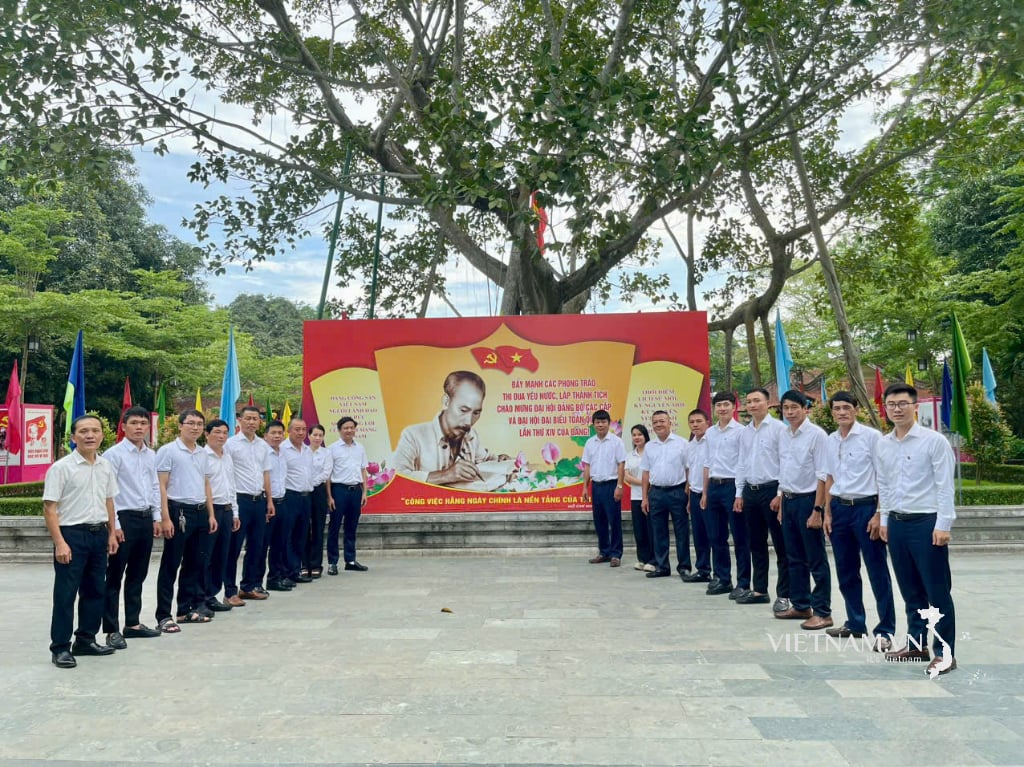
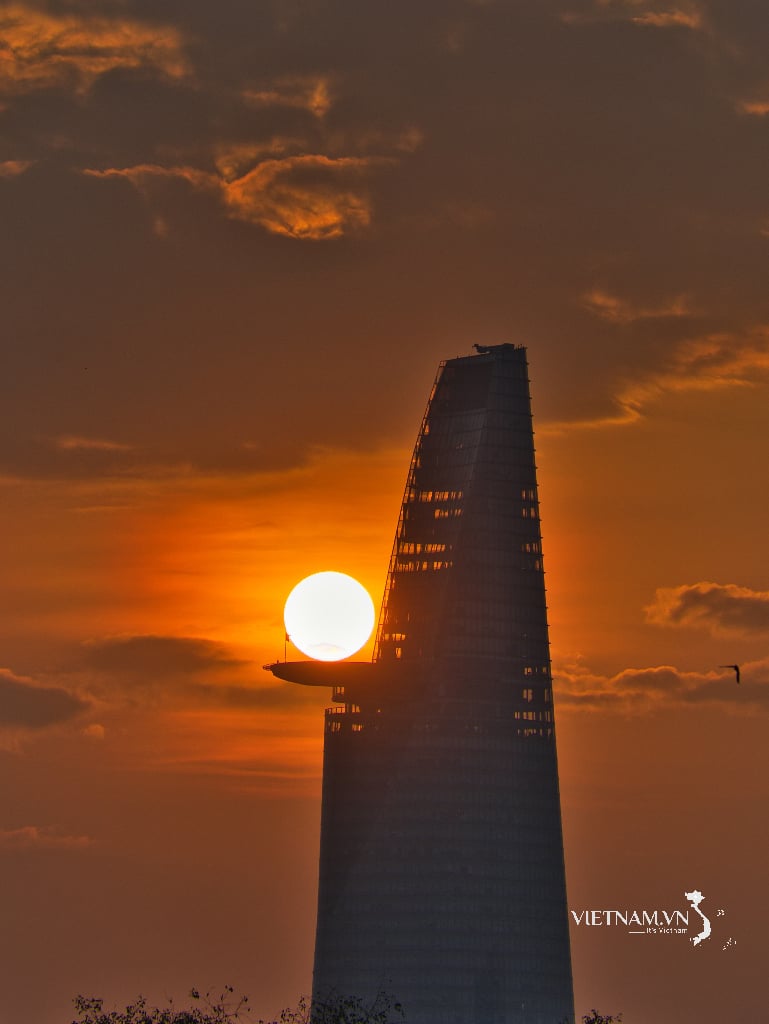
Comment (0)